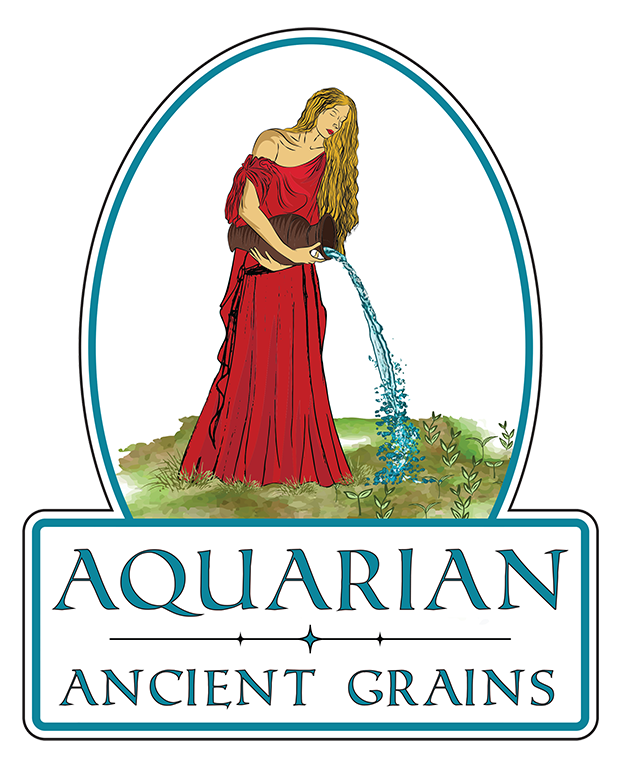Frequently Asked Questions
Ancient grains are traditional, nutrient-dense crops that have been cultivated for thousands of years. Unlike modern, highly processed grains, these ancient varieties have remained largely unchanged over time. They offer a range of health benefits and unique flavors. Ancient grains include quinoa, amaranth, millet, and teff, among others. These grains are rich in vitamins, minerals, fiber, and antioxidants. They provide sustained energy, promote digestion, and support overall well-being. Their complex carbohydrates and low glycemic index make them suitable for people with diabetes or those looking to maintain stable blood sugar levels. As these grains have become increasingly popular, they are readily available in various forms, from whole grains to flour and flakes. Ancient grains can be used in a variety of recipes, such as salads, soups, grain bowls, and baked goods. With their natural goodness and versatility, ancient grains make a great addition to a healthy and well-balanced diet.
Yes! Aquarian specializes in all-natural, organic products and does not sell any which are not.
Non-GMO, which stands for “non-genetically modified organism,” is a term used to describe crops and food products that have not been genetically engineered or modified through the use of biotechnology. Non-GMO products are cultivated using traditional farming methods, involving natural techniques such as cross-pollination, to develop desirable characteristics. These products are grown without the use of genetically modified seeds, synthetic fertilizers, pesticides, or other genetically modified organisms. Consumers who seek non-GMO products often do so out of concerns about potential health risks, environmental impacts, or ethical reasons. By choosing non-GMO verified products, individuals aim to support sustainable farming practices, preserve biodiversity, and promote healthier choices in their diet.
No. All Aquarian products, in addition to being organic and non-GMO, are also gluten free.
Aquarian ancient grains are environmentally sustainable due to their resilience, requiring virtually no pesticides and less water compared to many modern grains. Their cultivation also promotes crop diversity.
Ancient grains are absorbed into the body more slowly because of their fiber content, which helps regulate spikes in blood sugar. This is particularly important for those with diabetes or other chronic conditions. These types of grains also aid in digestion and the production of certain fatty-acid binding proteins. Millet in particular is rich in magnesium, which strengthens bones, and sorghum helps to lower cholesterol and promote heart health.
